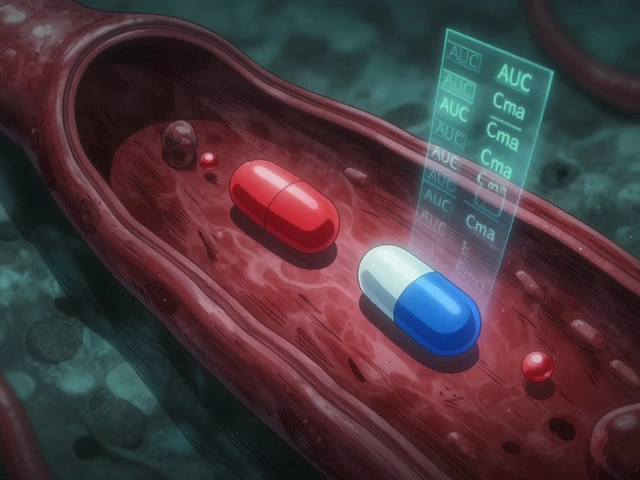Bloating Relief: Why It Happens and How to Stop It Fast
Ever feel like your stomach’s a balloon after a meal? You’re not alone. Bloating is that uncomfortable, tight feeling that can make you look and feel larger than you are. The good news? Most of the time you can fix it with a few easy changes.
Common Triggers of Bloating
First, know what’s kicking up the gas. Swallowed air from chewing gum, drinking through a straw, or talking while you eat adds extra air to your gut. Certain foods are big culprits, too—think beans, cabbage, onions, and carbon‑rich drinks. Even a sudden change in fiber intake can throw your digestion off balance.
Stress plays a sneaky role. When you’re nervous, your gut muscles tighten, slowing food movement and trapping gas. Hormonal swings, especially around periods, also make many women notice extra belly pressure.
Fast Home Remedies
Got a bloated belly right now? Try a short walk. Moving helps push gas through the intestines and eases the pressure. Sip warm water or herbal tea—peppermint, ginger, and chamomile are all known to calm the gut.
Another quick fix is the “knees‑to‑chest” stretch. Lie on your back, pull your knees toward your chest, and hold for 30 seconds. This gently massages the abdomen and can release trapped gas.
If you suspect a specific food, keep a simple food diary for a week. Write down what you eat and any bloating you feel. Patterns will pop up fast, showing you which foods to cut back on.
For ongoing relief, consider a probiotic supplement. Friendly bacteria help balance your gut flora, making digestion smoother and reducing gas production. Choose a product with Lactobacillus and Bifidobacterium strains for best results.
When you’re at the grocery store, pick low‑FODMAP options if you’re sensitive. These foods are less likely to ferment and create gas. Examples include ripe bananas, strawberries, carrots, and oats.
Sometimes bloating is a sign of something more serious, like irritable bowel syndrome (IBS) or a food intolerance. If the swelling persists for weeks, comes with severe pain, weight loss, or changes in stool, make an appointment with your doctor.
Bottom line: bloating is usually a short‑term hiccup you can manage with movement, hydration, and smarter food choices. Track what you eat, try the simple stretches, and give your gut the support it needs. You’ll feel lighter and more comfortable in no time.






